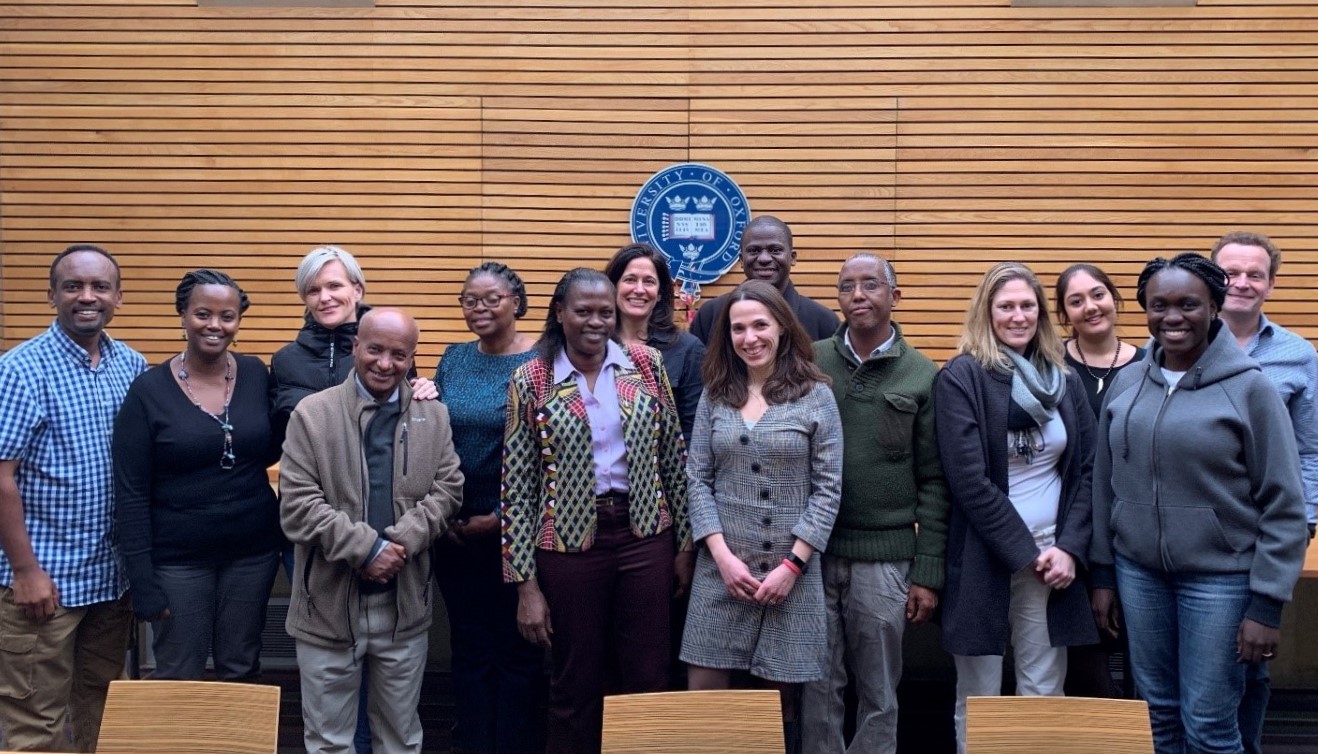About
NeuroGenE is a global research and capacity-building initiative exploring the multi-layered ethical challenges around psychiatry and neurodevelopmental diagnosis, prevention and intervention. Psychiatric genetics and genomics, digital tools and big data applications have the potential to transform the ways in which mental health and wellbeing are understood, experienced and managed across the life-course. Alongside these developments are both practical and substantive ethical challenges which demand closer scrutiny.
NeuroGenE conducts bioethical research and analysis that generates ethically grounded strategies to inform scientific research and clinical and public policy decision-making. An important aim of our work is to help improve the treatment of and respect for persons facing mental health challenges, their families and their carers. We also seek to understand how scientific research on mental health and wellbeing can best respect and benefit local communities; including local stakeholders, practitioners, and scientific infrastructures. We believe the best way to understand local settings is to work closely and collaboratively with local scholars and relevant stakeholders.
NeuroGenE has 2 core principles: mutual dialogue and capacity building, which are embedded into how we work.
Mutual dialogue is vital to promote an ethos of mutual accountability and intellectual humility that is required for a truly global orientation towards the ethical examination of psychiatric genetics and genomics. This principle enables the cultural exchange with local experts and direct engagement with stakeholders which will facilitate much needed dialogue between cultural and scientific understandings of mental disorder.
Capacity-building expresses a commitment to strengthen research and training capacity in the ethics of psychiatric genetics and genomics. Core activities include training on the science and ethics of psychiatric genetics and genomics, mentorship for local researchers, fostering institutional research capacity through partnerships with different organisations, of which we are developing with the African Mental Health Research Initiative (AMARI), University of Ghana, and University of Cape Town, and the formation of a global network of multidisciplinary researchers, within and across institutions, including the Africa Ethics Working Group (AEWG).
- Advance and integrate ethics in global mental health research and intervention
- Foster multidisciplinary global collaborations
- Improve the treatment of persons with neurodevelopmental disorders
- Reduce stigma in global mental health
- Guide responsible conduct and use of novel tools, such as psychiatric genetics and genomics, digital mental health and big data
- Ensure global mental health research respects and benefits local communities
- Build capacity in psychiatry and neurodevelopmental disorders; bioethics; social science methodologies; and transcultural psychiatry concepts
















